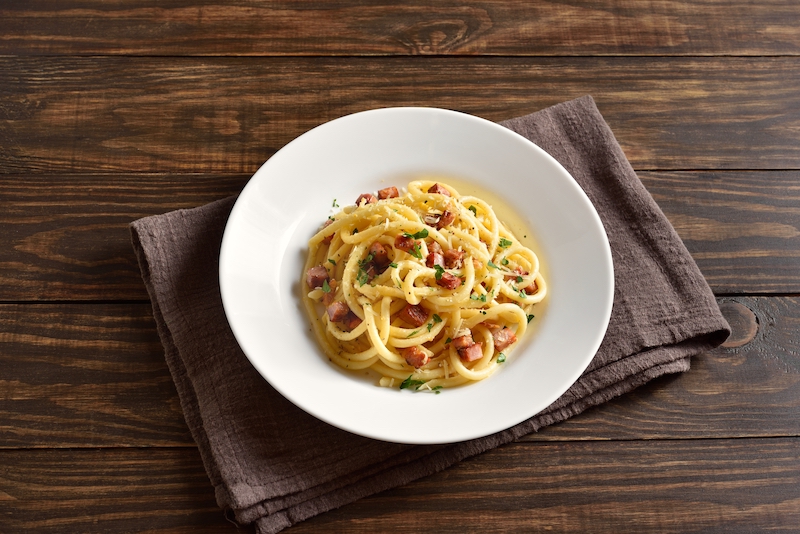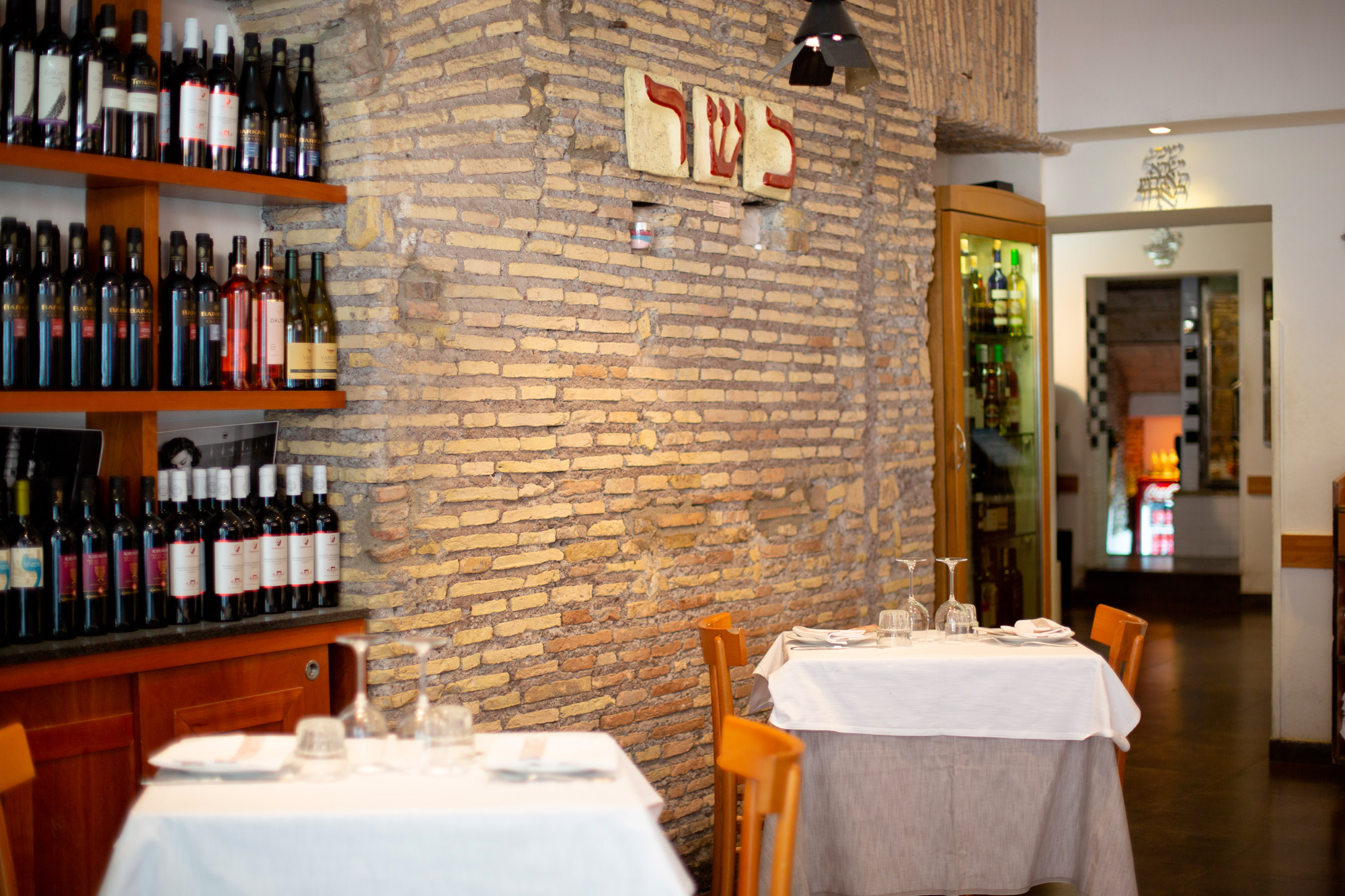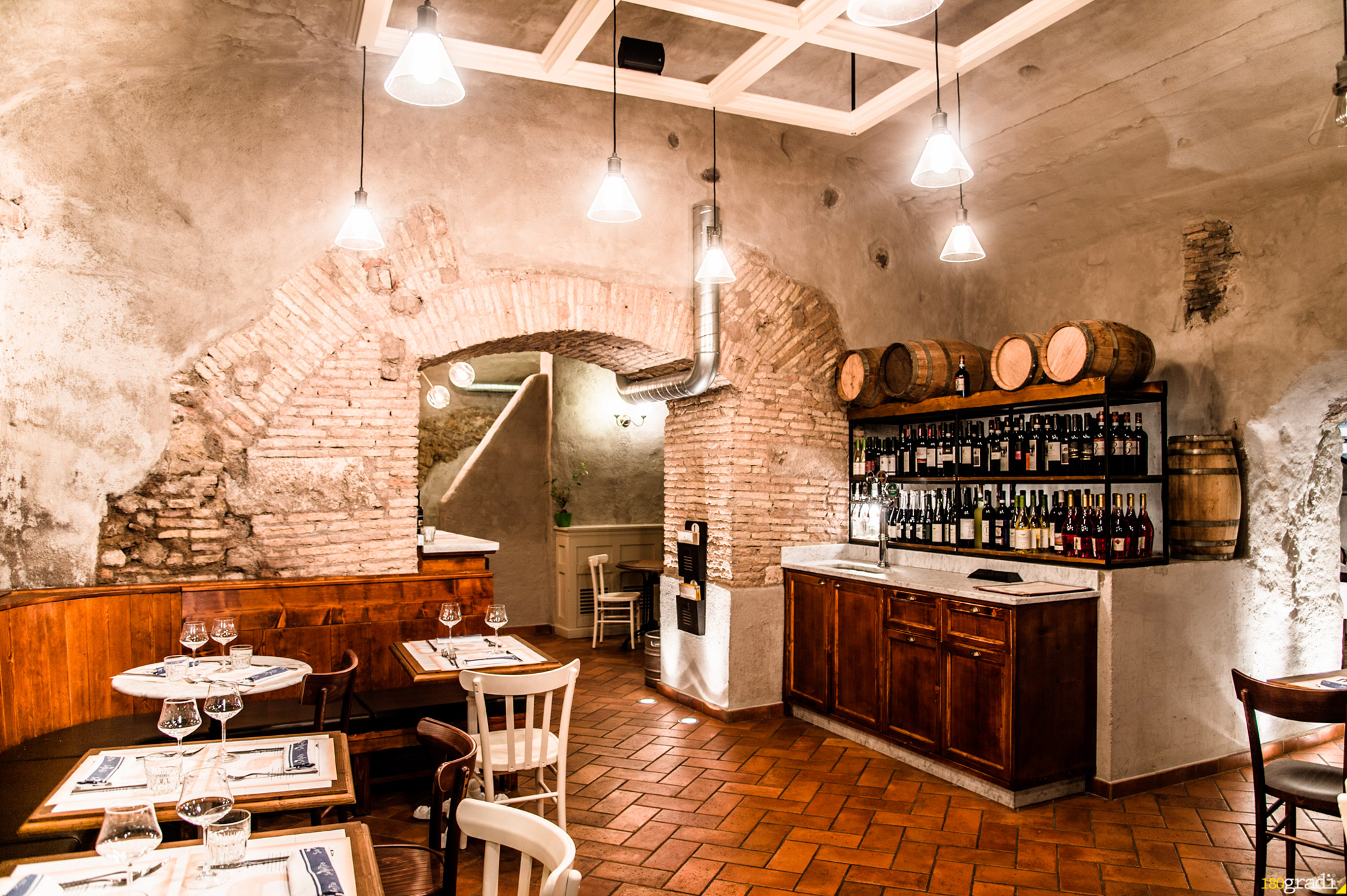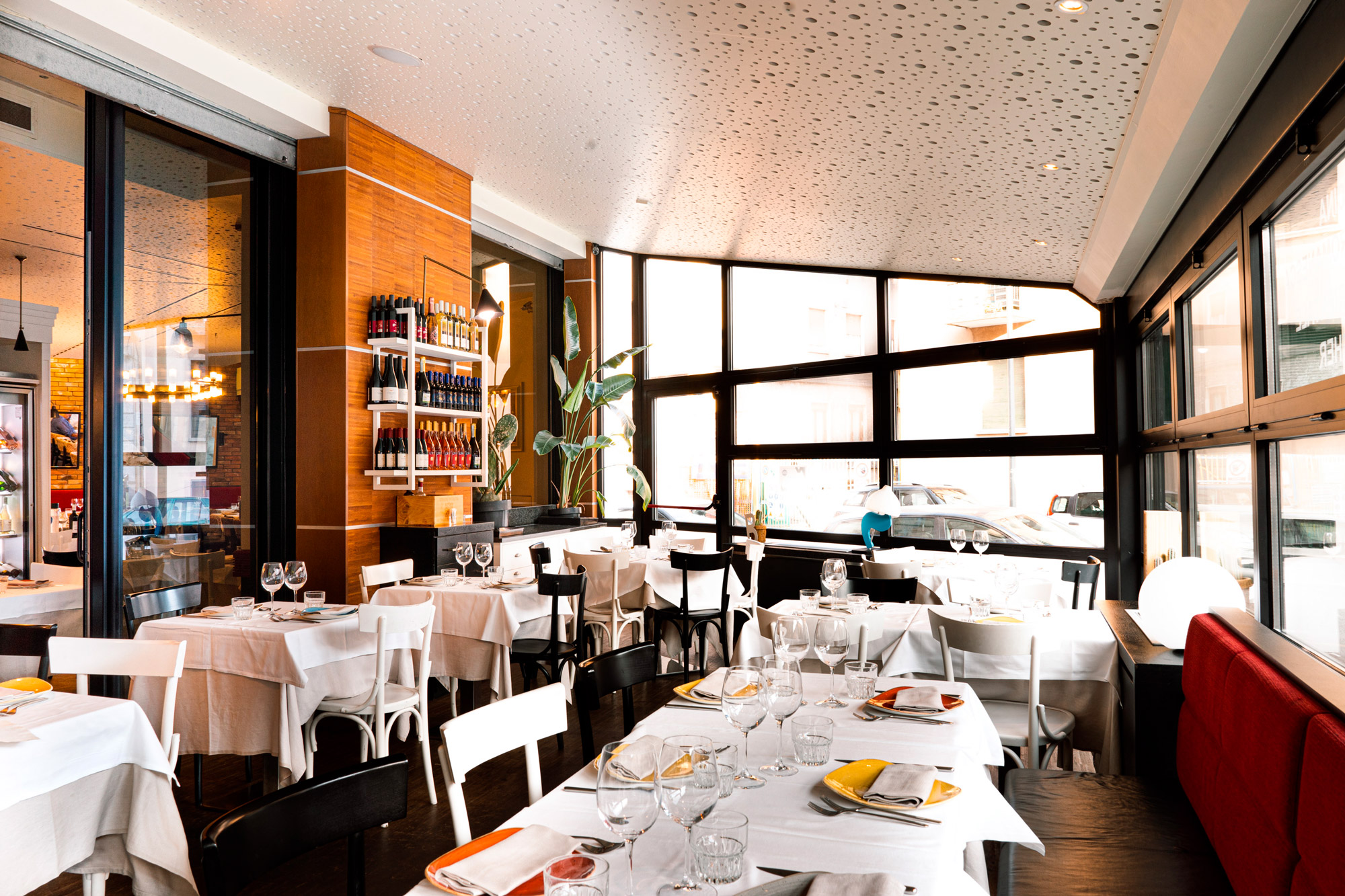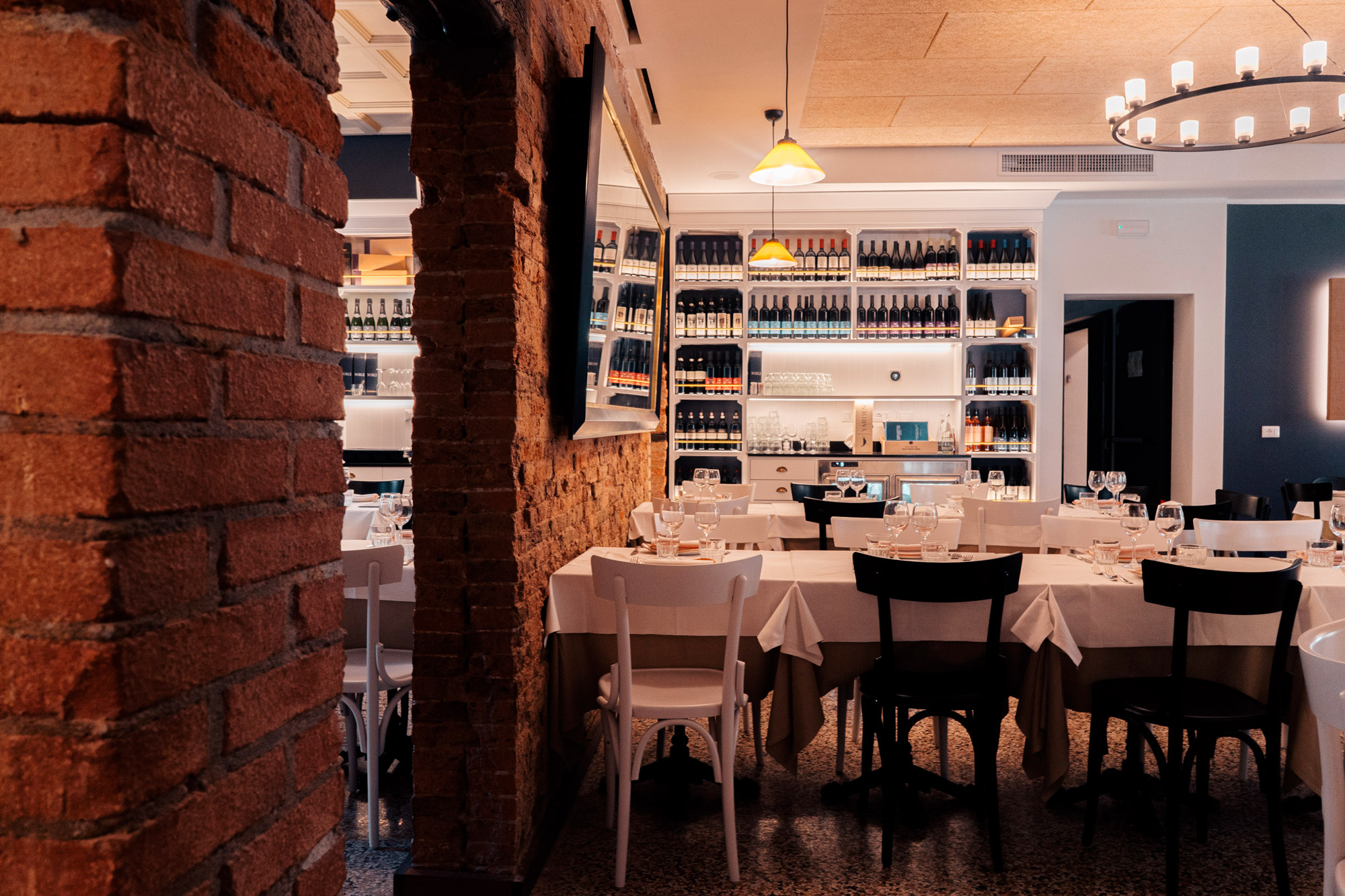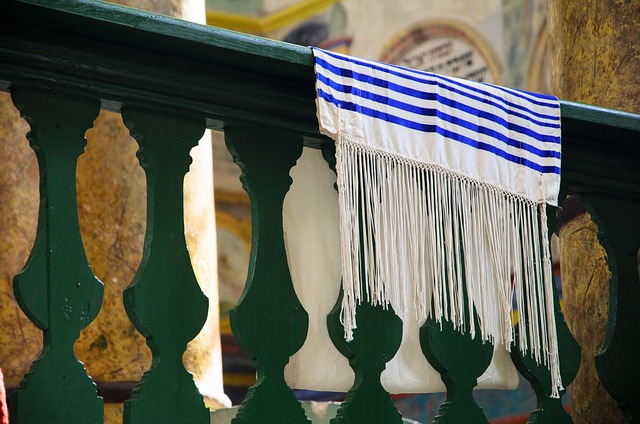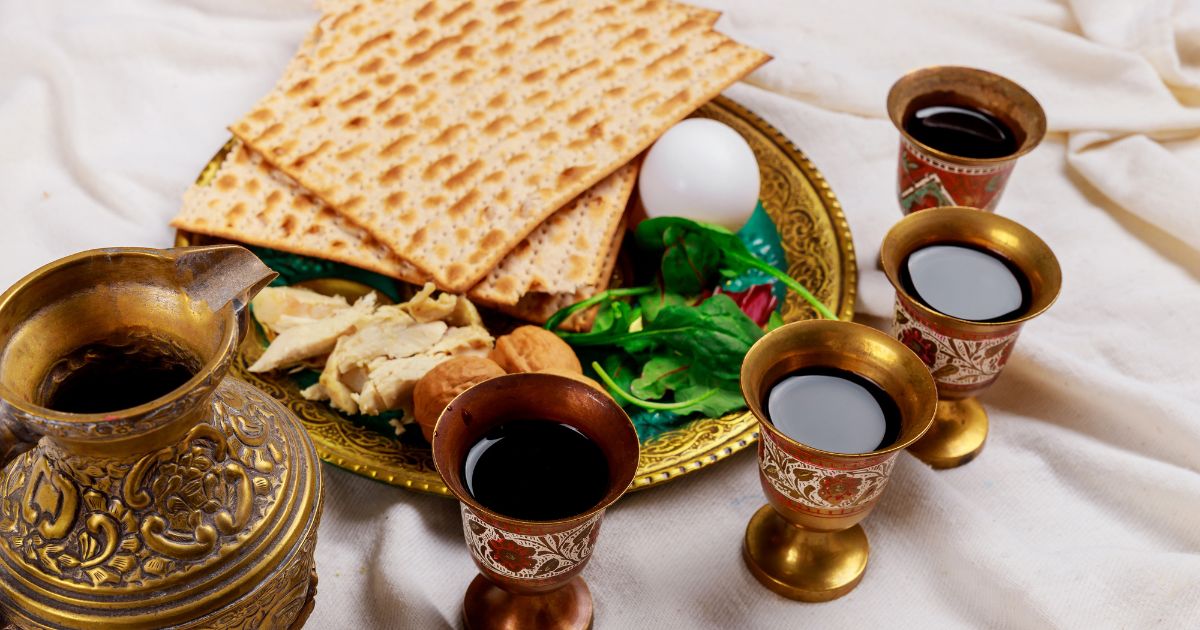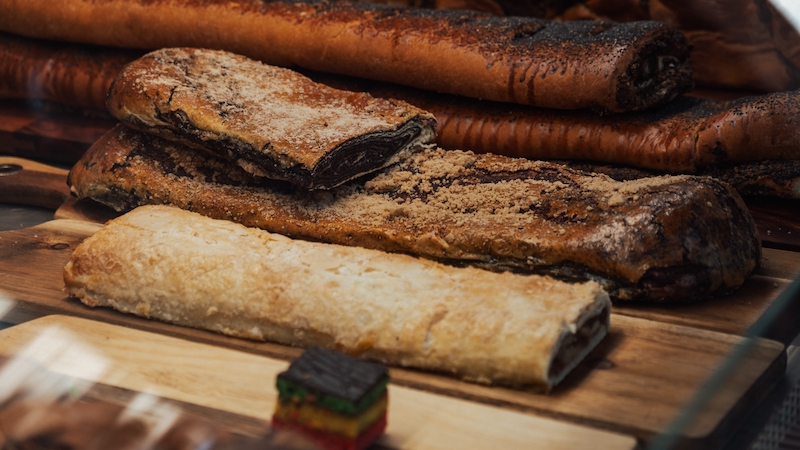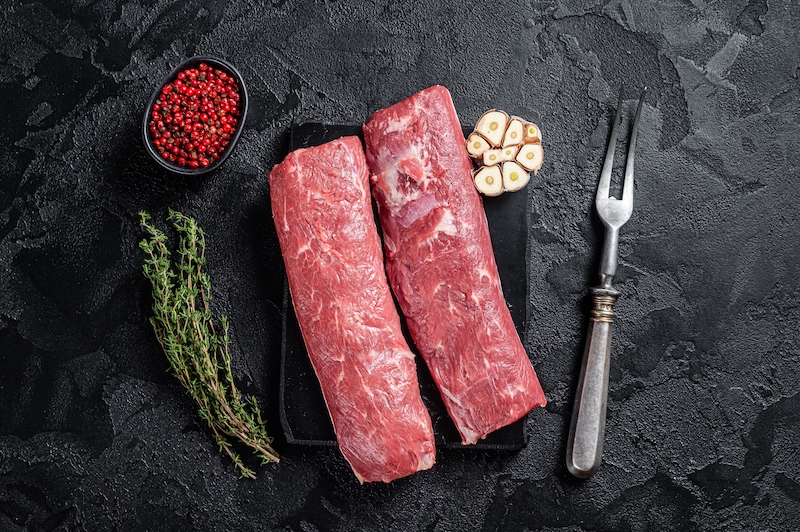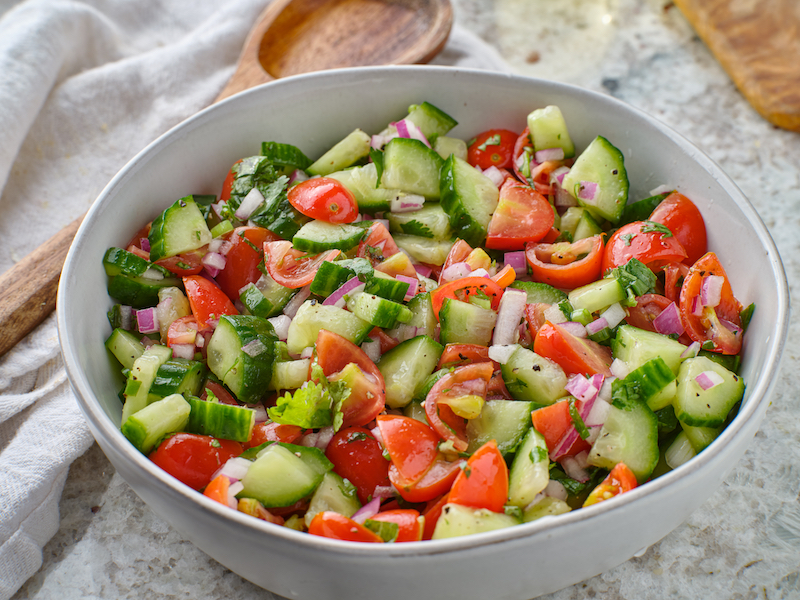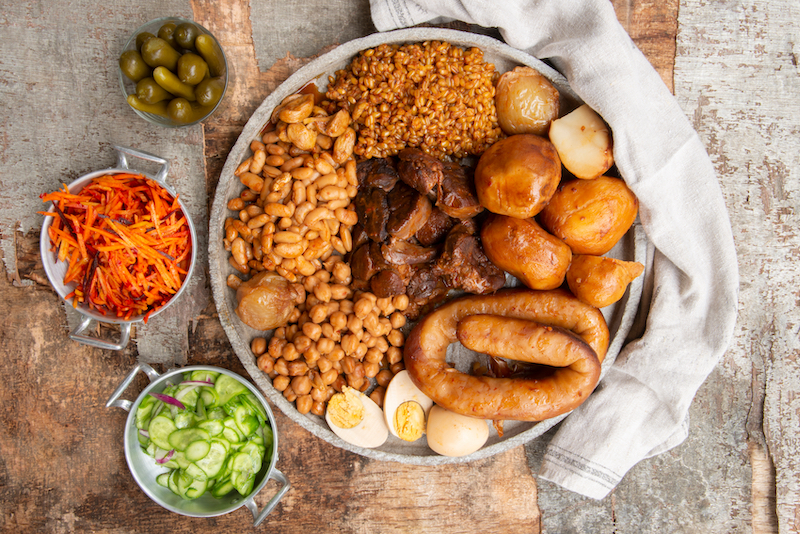Kosher Food and Classic Carbonara: Mistakes to Avoid
The kosher diet is not merely a set of eating habits, but a complex system of rules rooted in Jewish law and known as Kashrut. These laws determine which foods are permitted (kosher) and which are forbidden for those following Jewish tradition, influencing not only the type of food that can be consumed but also how it should be prepared and served.
Observant Jews may find it challenging to consume the traditional Roman carbonara due to Kashrut laws.
First and foremost, classic carbonara includes guanciale (or pancetta), which is pork meat, an animal considered non-kosher by Jewish laws and therefore not edible. Permitted animals must be ruminants and have cloven hooves (split in the middle), whereas pigs do not meet these criteria as they are not ruminants.
Moreover, one of the main prohibitions in the kosher diet involves the ban on mixing meat and dairy in the same meal. The traditional carbonara recipe calls for the use of guanciale along with pecorino, thus, even by replacing pork with another type of meat, it’s meat in general that cannot be eaten together with cheese (a dairy product).
For these reasons, traditional Roman carbonara is not suitable for those following kosher food guidelines. However, there are creative variants that can be made in accordance with kosher rules. The Jewish carbonara replaces non-kosher ingredients with compliant alternatives, allowing observant Jews to enjoy a delicious version of this beloved Italian dish.
How to Cook a Perfect Jewish Carbonara
The simplest solution for preparing carbonara in line with kosher food rules is to completely eliminate guanciale and thus dress the pasta only with the classic cream made of eggs and pecorino.
But there are more creative ideas! Now, we will see some examples of kosher recipes for cooking a perfect Jewish carbonara. In any case, when cooking a Jewish dish, foods must be purchased from specialized kosher food stores, where preparation and handling procedures respect the laws of the Jewish diet.
Meatless Carbonara with Fish and Cheese
Kosher food classifies fish as a “parve” food item. “Parve” foods are considered neutral, meaning they do not contain meat or dairy products. Therefore, fish can be consumed with cheese and dairy without violating the Kashrut rules that prohibit the mixing of meat and dairy derivatives.
A good kosher carbonara can therefore be prepared by using fish instead of guanciale, traditionally used in the classic carbonara recipe but not allowed in the kosher diet. Replacing meat with fish not only keeps the dish in line with Kashrut laws but also offers a creative and lighter variant of the original recipe.
Anyway, when preparing a pork-free carbonara, it’s also important to remember that not all types of fish can be consumed in the Jewish diet. Only fish with both fins and scales are permitted. This criterion automatically excludes all types of seafood, such as mollusks and crustaceans, as well as certain types of fish like sharks.
Beef Carbonara without Dairy Products
Another alternative for preparing the perfect kosher carbonara is to use beef guanciale, a food that can be consumed without issues if correctly slaughtered according to Jewish rules.
In this case, however, the pecorino must be replaced with a non-dairy product, for example, a vegan alternative.
Kosher vegan cheeses are available in varieties that can mimic the creaminess and flavor of traditional pecorino used in carbonara. They are made from ingredients like cashews, almonds, or soy, and often include natural flavoring agents that make them surprisingly similar to real cheese in terms of taste and texture.
Kosher Beef Guanciale: Where to Buy?
Kosher beef guanciale can be purchased in many stores specializing in foods compliant with Kashrut laws, even online.
Additionally, many stores offer kosher vegan food products that mimic the texture and flavor of both traditional guanciale and pecorino, but without using animal-based ingredients or dairy derivatives.
To find a store in your area that sells kosher beef guanciale or kosher vegan foods, we suggest doing a Google search using specific keywords like “kosher beef guanciale near me” or “kosher vegan foods near me“. This way, you can easily identify the nearest retailers offering these products, essential for cooking the perfect kosher carbonara.
What are the Differences Between Halal Carbonara and Kosher Carbonara?
The halal carbonara and the kosher carbonara are variants of the classic Italian pasta alla carbonara recipe, adapted to follow the Islamic (halal) and Jewish (kosher) dietary laws respectively. Although both versions avoid ingredients prohibited by their respective religious traditions, there are key differences between the two regarding dietary requirements and restrictions.
One thing in common between Jewish carbonara and halal carbonara is that both Jewish and Islamic law prohibit eating pork meat. Therefore, both variants consist of a bacon-free carbonara.
However, as we mentioned, kosher law forbids the combined consumption of meat and dairy products in the same meal. Therefore, even replacing guanciale with smoked beef bacon, one must avoid mixing it with cheese. In practice, a kosher carbonara cannot contain cheese and meat at the same time, even if it’s not pork.
Unlike kosher dietary law, Islamic law does not prohibit eating meat with dairy products, so halal carbonara can include both halal meat and cheese without issues: the only important thing is to avoid pork meat.
In any case, when cooking a Jewish carbonara, any meat used must be slaughtered according to Jewish ritual. All other ingredients must also be kosher certified, meaning they are produced, processed, and handled in compliance with Kashrut laws.
Similarly, to cook a halal carbonara, the meat used must be halal, which means it comes from animals slaughtered according to Islamic prescriptions, with a prayer recited at the time of slaughter.
Where Can I Eat Kosher Carbonara in Rome?
Where can you enjoy kosher carbonara in Rome? The answer is simple: at Ba’ Ghetto! With historical roots dating back to the ’80s and a family tradition passed through generations, Ba’ Ghetto offers an unparalleled culinary experience in the Capital. Located in the heart of the Jewish ghetto with other locations in Rome, Milan, Venice, and Florence, it’s more than a restaurant: it’s a journey through Jewish history and culture!
What makes Ba’ Ghetto unique is its ability to blend the rich Judeo-Roman culinary tradition with a strictly kosher approach to food. Every dish is prepared according to the strict laws of the Jewish diet, allowing exploration of flavors and original recipes, inspired by Middle Eastern history.
Ba’ Ghetto’s cuisine symbolizes a meeting of ingredients, customs, history, and tradition, with a varied menu that satisfies both lovers of kosher cuisine and Italian cuisine.
Book now at Ba’ Ghetto to taste the best kosher carbonara in Rome and also to immerse yourself in an environment where every detail, from the choice of ingredients to the preparation of dishes, is handled with passion and dedication.


